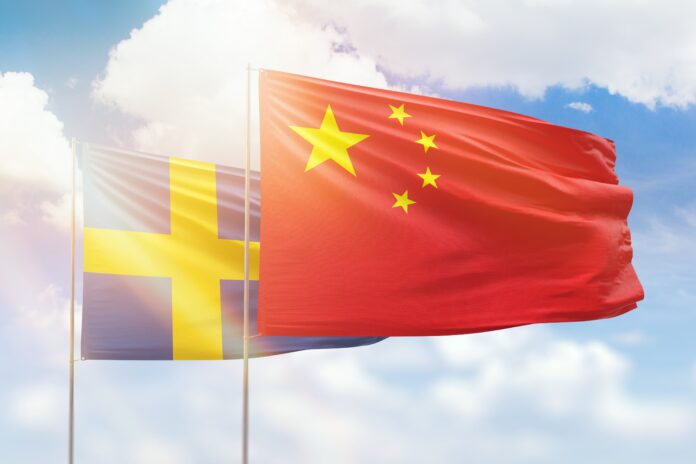The agreement covers standards-based patents essential to both parties’ products, including those for 3G, 4G and 5G
Sweden’s Ericsson and China’s Huawei have renewed a global, cross-licensing agreement covering patents used across the board, from network infrastructure to consumer devices. Both parties now have global access to each other’s patented, standardised technologies in the “long term”. How long wasn’t specified. The previous agreement was signed in 2016.
“We are pleased to announce our renewal of our global cross-licensing agreement with Huawei,” said Christina Petersson, Chief Intellectual Property Officer at Ericsson. “Both companies are major contributors to mobile communication standards and recognize the value of each other’s intellectual property.
“This agreement demonstrates the commitment of both parties that intellectual property should be respected and rewarded, and that leading technological innovations should be shared across the industry.
“A balanced approach to licensing ensures that the interests of both patent holders and implementers are served fairly, driving healthy, sustainable industry development for the benefit of consumers and enterprises everywhere.”
A rebuff to anti-Huawei policies?
This has been widely reported as “a rebuff” in Asian media outlets to the US trade sanctions against Huawei that began under the Trump Administration in 2019, which accused Huawei of spying for the Chinese government, as well as busting international trade sanctions against Iran and industrial espionage.
Many other countries within the EU, as well as Australia and New Zealand, among others adopted the same stance, banning the use of Huawei equipment in 5G communications networks and throttling its access to US tech. This includes the Swedish government, against whom China blatantly threatened retaliation, including against Swedish companies. Ericsson simply reiterated its commitment to the Chinese market.
The anti-Huawei measures have been maintained and escalated by the Biden presidency, disrupting global supply chains and crippling Huawei’s smartphone business. It is thought Huawei might start producing its own smartphone chips this year, although the firm will not comment on this speculation.
Commitment
Zhiyong (Alan) Fan, Vice President, Head of IPR Department at Huawei Technologies, said in a statement that the renewed agreement “demonstrates the commitment both parties have forged that intellectual property should be properly respected and protected…Our commitment to sharing leading technological innovations will drive healthy, sustainable industry development and provide consumers with more robust products and services.”
Ericsson said that with the current portfolio of intellectual property rights (IPR) licensing contracts, it estimates its full-year 2023 IPR licensing revenues to be about SEK 11 billion (€926 million).



